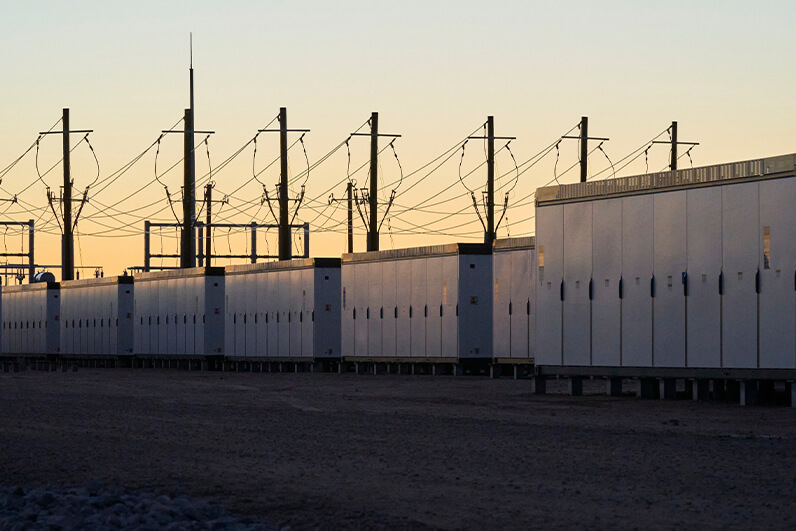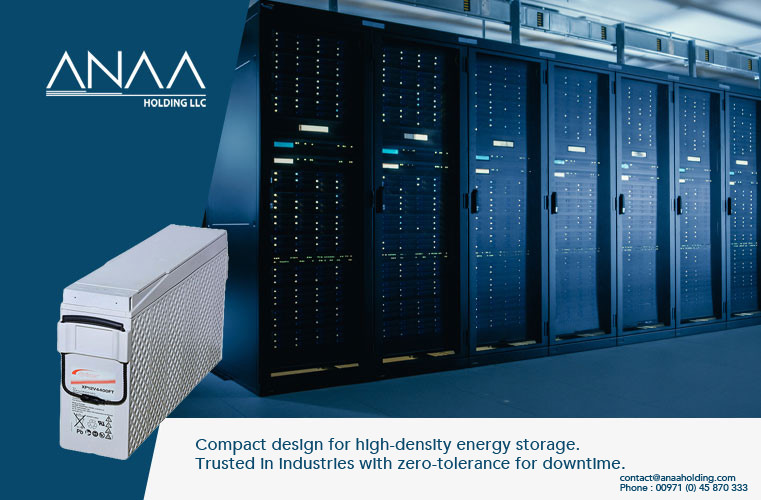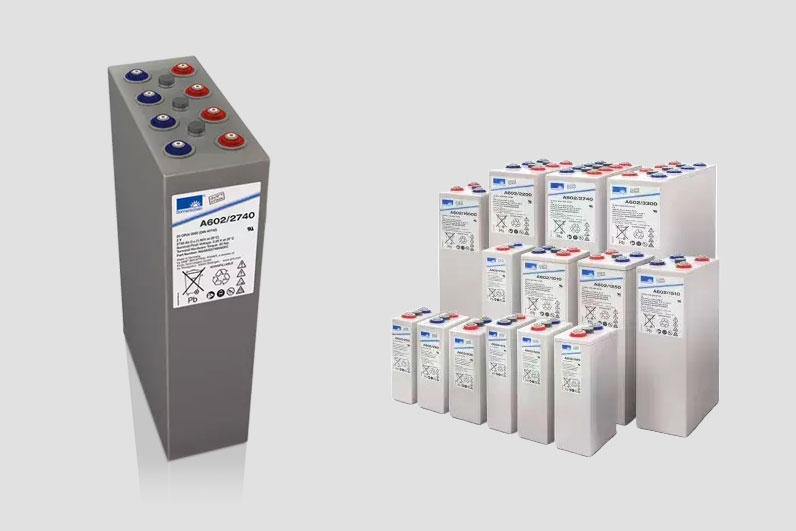
The Next Generation of Energy Storage: Understanding Future Industrial Battery Needs
Energy storage is becoming increasingly important as industries evolve and strive for greater efficiency and sustainability. Industrial batteries are at the vanguard of this revolution, delivering dependable and scalable solutions for renewable energy storage, peak demand management, and essential operation power. In this blog article, we delve into the future of energy storage and investigate the unique needs and improvements in industrial batteries that will shape the industries of tomorrow.
1. The Changing Landscape of Industrial Energy Storage:
Discuss the present energy landscape and the factors driving the need for improved industrial battery solutions. Emphasize the growing integration of renewable energy sources, the increasing demand for grid stability, and the advent of decentralized power systems. Highlight how these developments are shaping future industrial battery requirements.
2. Energy Density and Capacity:
Investigate the future requirements for energy density and capacity in industrial batteries. Discuss the significance of increasing energy density in enabling longer storage durations and larger-scale applications. Investigate developing battery chemistries including solid-state batteries and metal-air batteries, that have the potential to greatly boost energy density and storage capacity.
3. Fast Charging and Power Output:
Investigate the growing need for industrial batteries with fast charging and high-power output capabilities. Discuss how rapid industrial processes, electric vehicle charging infrastructure, and energy-intensive applications affect the requirement for batteries with faster charging rates and higher power output. Highlight battery technological developments such as better electrode materials and charging techniques that allow for quick charging and high-power delivery.
4. Durability and lifespan:
Investigate the future requirements for industrial battery durability and lifespan. Discuss the significance of longer battery lifespans and increased cycle life in reducing replacement frequency and minimizing environmental effect. Highlight research and development initiatives aimed towards improving battery materials, cell designs, and management systems in order to improve the lifespan of industrial batteries.
5. Smart Integration and System Flexibility:
Explore the future requirement for smart integration and system flexibility in industrial battery solutions. Discuss how modern energy management systems, machine learning algorithms, and predictive analytics are being used to improve battery performance and maximize energy utilization. Emphasize the significance of integrating current industrial processes and electrical networks to provide efficient energy flow and demand response capabilities.
Summarize the important findings about the future of industrial battery requirements for energy storage. To satisfy the increasing expectations of tomorrow’s industries, emphasize the necessity of addressing energy density, fast charging, durability, and smart integration. Encourage industry stakeholders, researchers, and policymakers to collaborate in order to foster innovation and speed the development of sophisticated industrial battery technology. We can construct a more sustainable and resilient energy ecosystem for industries worldwide by identifying and addressing these future needs.




